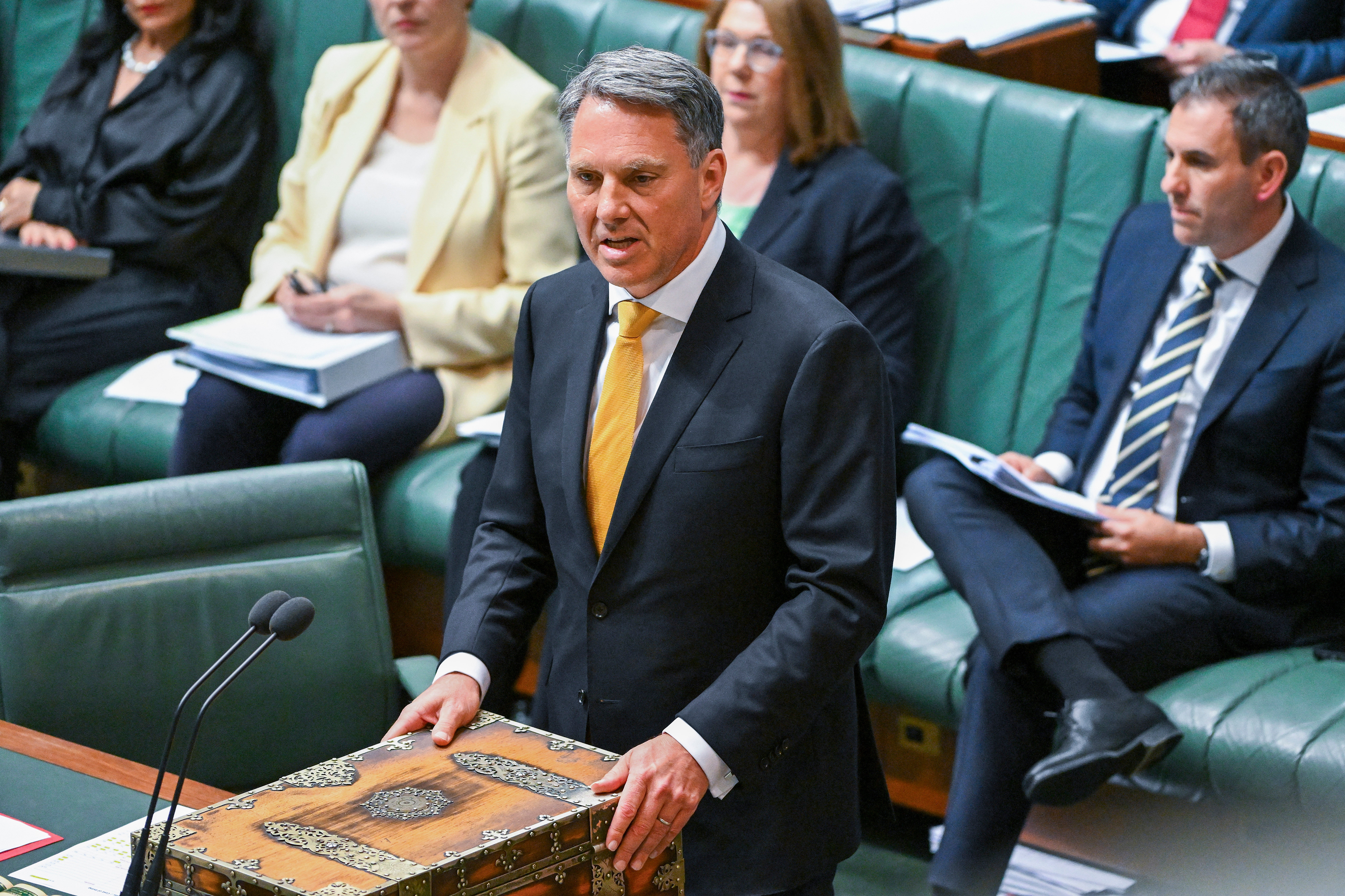Australia to toughen restrictions on ex-service personnel who would train foreign militaries
The Australian government is proposing tougher restrictions on former defense military personnel who want to train foreign militaries as the nation prepares to share nuclear secrets with the United States and Britain

Your support helps us to tell the story
From reproductive rights to climate change to Big Tech, The Independent is on the ground when the story is developing. Whether it's investigating the financials of Elon Musk's pro-Trump PAC or producing our latest documentary, 'The A Word', which shines a light on the American women fighting for reproductive rights, we know how important it is to parse out the facts from the messaging.
At such a critical moment in US history, we need reporters on the ground. Your donation allows us to keep sending journalists to speak to both sides of the story.
The Independent is trusted by Americans across the entire political spectrum. And unlike many other quality news outlets, we choose not to lock Americans out of our reporting and analysis with paywalls. We believe quality journalism should be available to everyone, paid for by those who can afford it.
Your support makes all the difference.The Australian government has proposed tougher restrictions on former defense military personnel who want to train foreign militaries as the nation prepares to share nuclear secrets with the United States and Britain.
Defense Minister Richard Marles introduced legislation into the Parliament on Thursday aimed at safeguarding military secrets. Last year, he ordered the Defense Department to review standards after reports that China had approached former Australian military personnel to become trainers.
Australia’s allies the United States, Britain and Canada share concerns that China is attempting to poach Western military expertise.
The review recommended strengthening of already-robust legislation as Australia deepens technology-sharing with the United States and Britain under the so-called AUKUS agreement, an acronym for Australia, the United Kingdom and the United States.
Under the agreement, the United States and Britain will provide Australia a fleet of at least eight nuclear-powered submarines.
Australian sailors are already training on U.S. and British nuclear submarines under the agreement.
The bill "reflects Australia’s commitment to enhance our security standards to safeguard sensitive technology and information, particularly as we embark on work through the AUKUS partnership,” Marles told Parliament.
“While the bill does not represent the entirety of our legislative ambition in this respect, it is an important step towards establishing more seamless technological transfers with our AUKUS partners,” he added.
Elements of the bill were modeled on similar provisions in U.S. law, he said.
Under the proposed laws, former Australian defense personnel who work for or train with a foreign country without authorization could be punished by up to 20 years in prison.
Marles would have the power to decide which countries were exempt from the restrictions.
A parliamentary committee will scrutinize the draft legislation and report on it before a final draft becomes law.
Former U.S. Marine Corps pilot Dan Duggan was arrested at his Australian home last year and faces extradition to the United States on charges including that he illegally trained Chinese aviators. The 54-year-old Boston-born Australian citizen denies any wrongdoing.